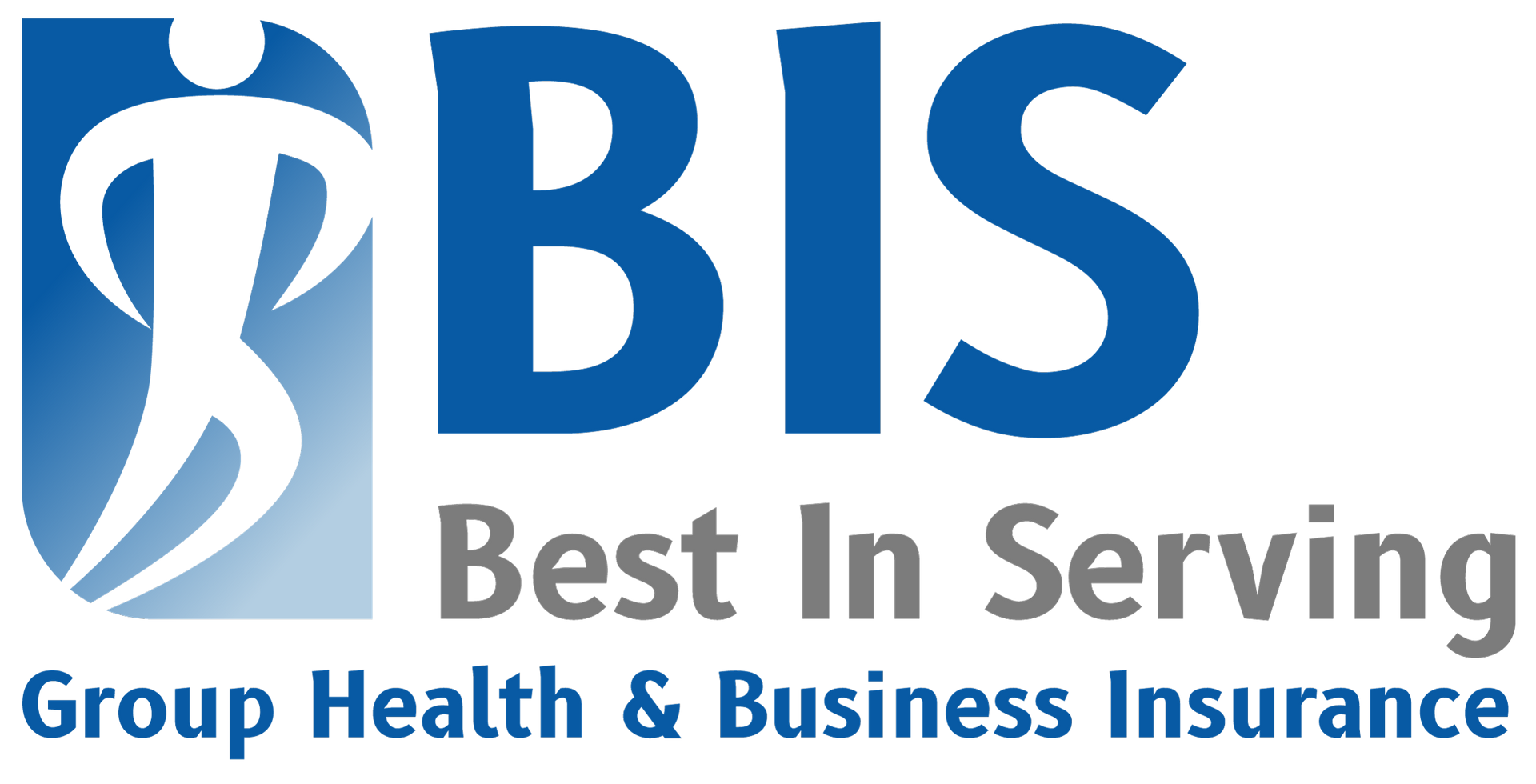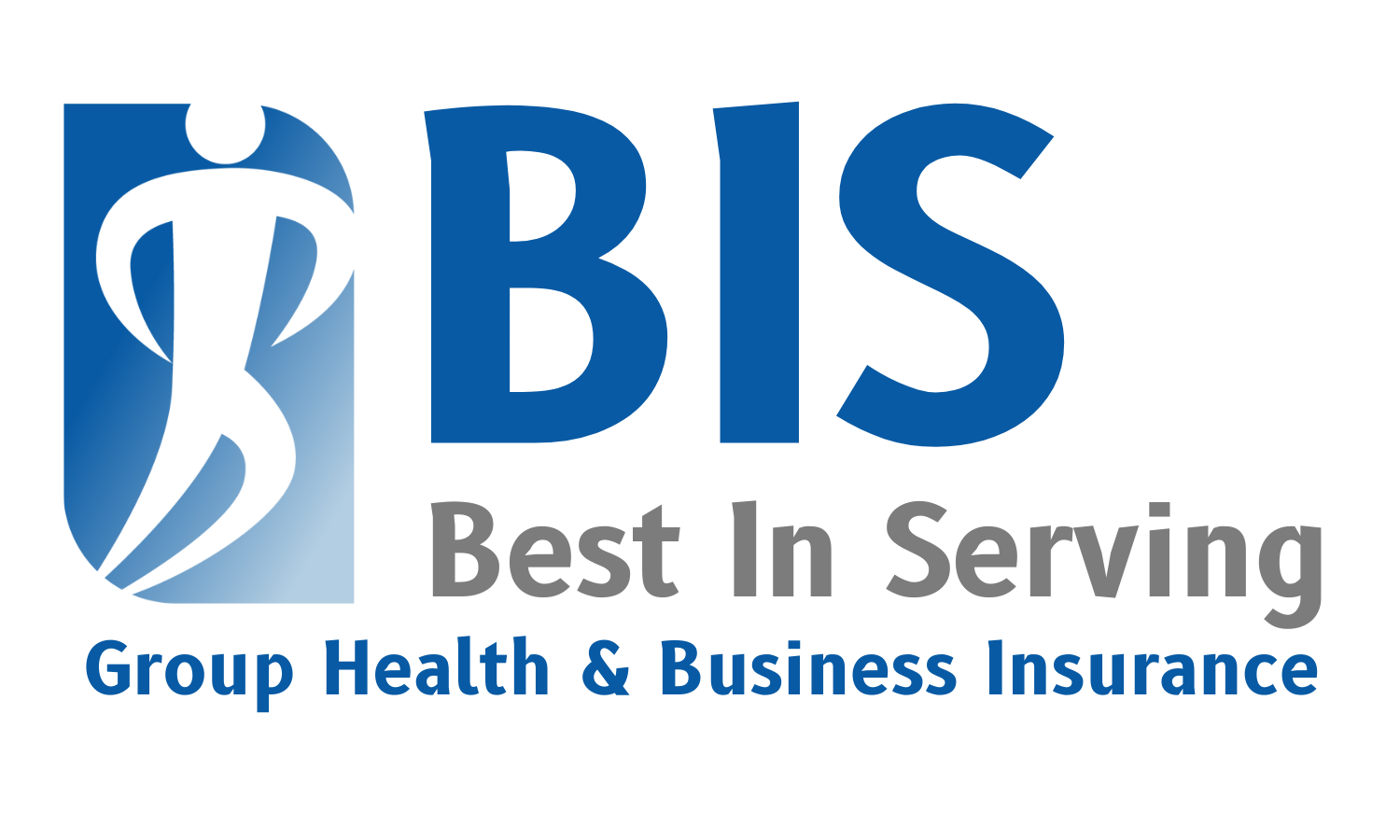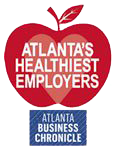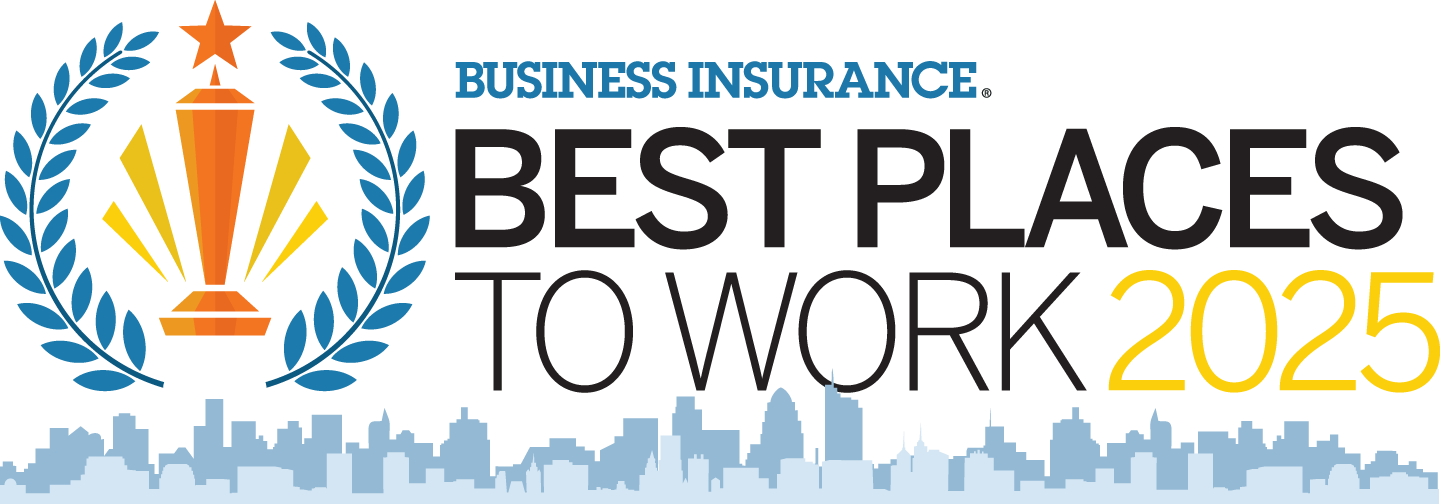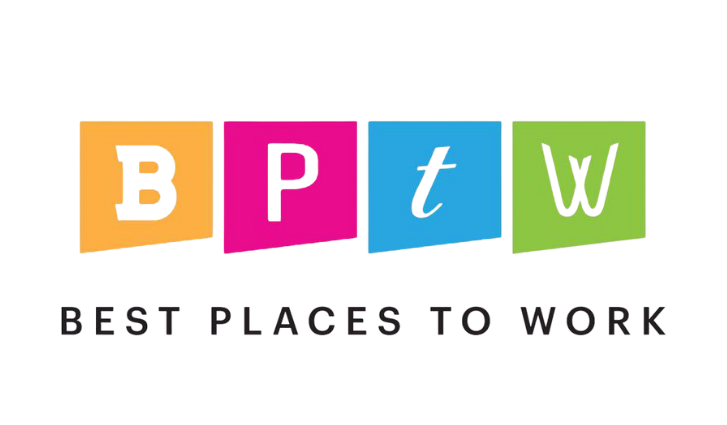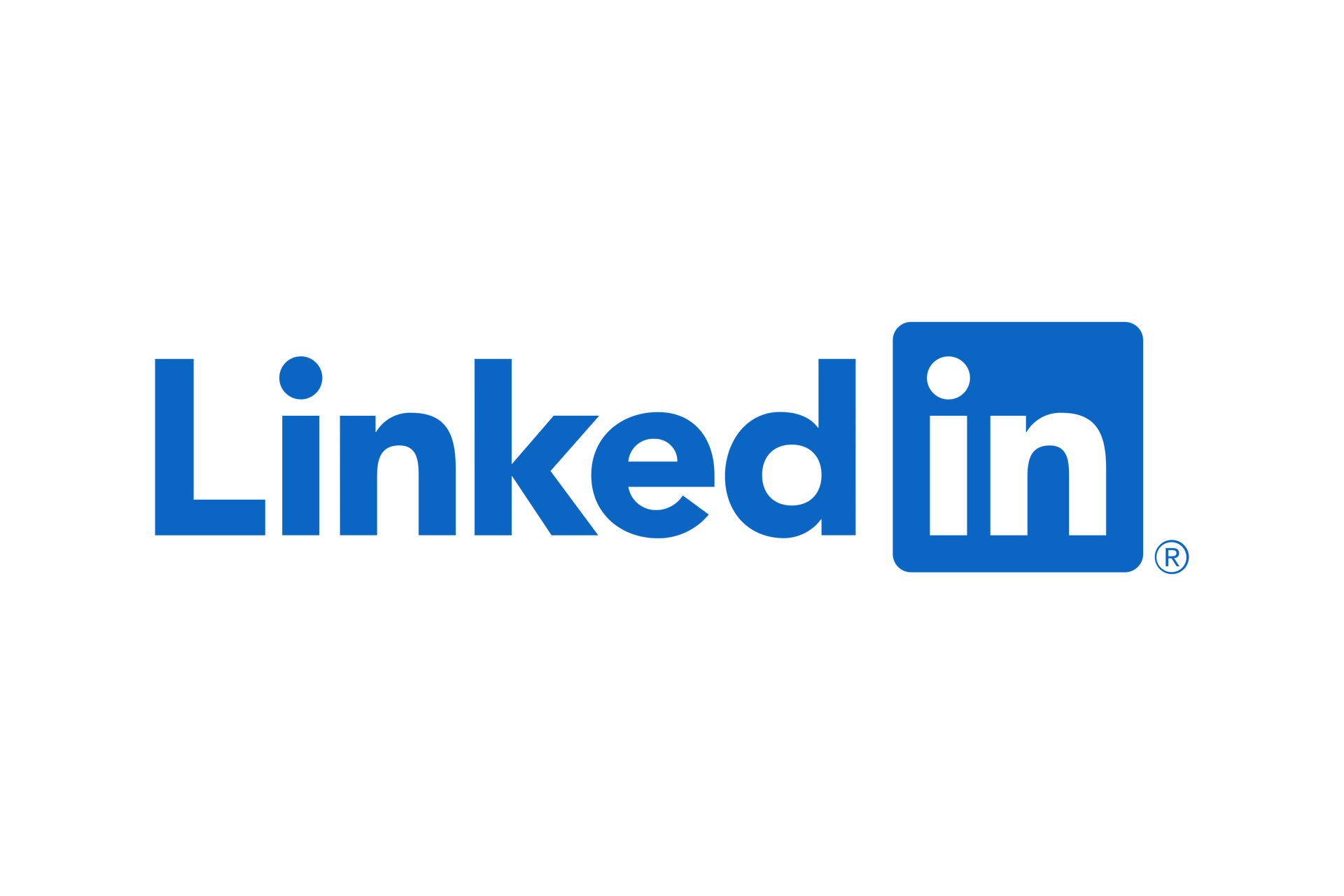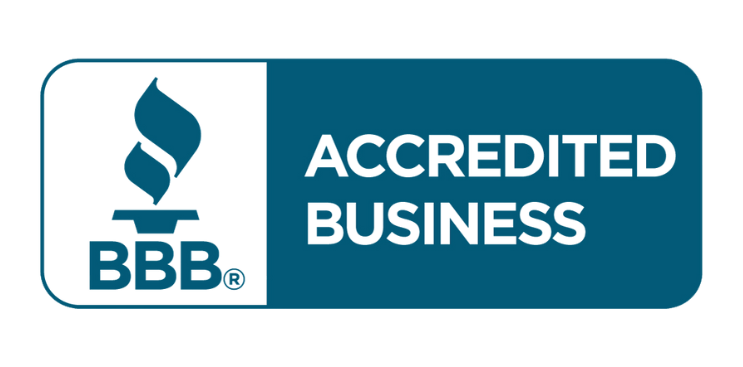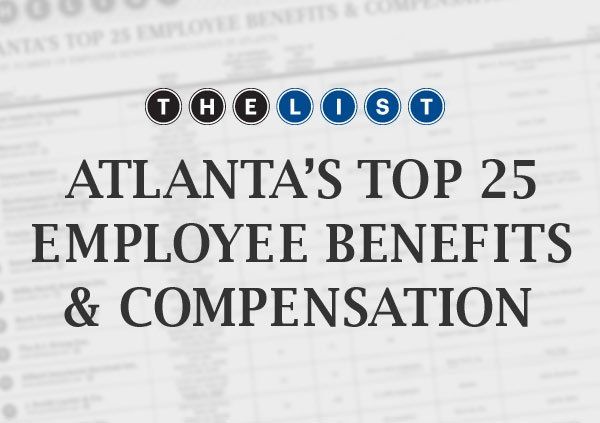Employee Benefits Brokers: What They Are & How to Choose One

Especially during a time when healthcare costs are on the rise, it's imperative that businesses show, not simply tell, employees how valuable they are. After all, no successful company exists in a vacuum - it takes the hard work, passion, and dedication of countless people to make that which initially seems possible a reality.
One of the biggest ways to show appreciation for employees is to make sure they have access to a high quality employee benefits package. When it comes time to address this, companies can rely on an employee benefits brokerage like BIS Benefits for a number of essential reasons.
What is an Employee Benefits Broker?
An employee benefits broker is an organization that helps to create and manage benefits packages for employees. Rather than forcing businesses into a "one size fits all" box when it comes to benefits, they consider each organization as the unique entity that it is. They then leverage their experience and connections with certain companies to your advantage, putting together a package that specifically addresses the needs and desires of your workforce.
They also provide administrative assistance to employers on an ongoing basis, reassessing needs and addressing problems as they arise.
Why Do You Need a Benefits Broker?
According to one recent study, benefits make up approximately 29.6% of all employee compensation costs. This is important to note for a few distinct reasons.
For starters, even more so than base salary in most cases, employees are looking for benefits when deciding where to work and devote their time. Even if you can't offer the largest salary in your field, giving people access to an excellent benefits package is a great way to both attract and retain the top talent you need to remain competitive.
With benefits making up such a significant cost, it stands to reason that you would want to A) offer the best that you can, while B) doing so in the most cost-effective way possible. The right employee benefits broker can help tremendously with all of these things.
An Employee Benefits Broker You Can Trust
Allow BIS to aggressively shop the market to get you the most competitive rates.
Tips to Choosing the Right Benefits Broker

Before choosing an employee benefits broker, it's helpful to enter into the situation with at least a basic understanding of what you actually need. Sit down with your employees and listen to their concerns. Solicit feedback in terms of what they would like to see in a benefits package.
That way, when you finally sit down with a benefits broker, you can ask the right questions and choose a partner that is experienced in what you're actually looking for.
You'll also want to start looking for a benefits broker as early on in the process as you can. It would be a mistake to wait until a few weeks before it's time to renew your existing plans. You need to give yourself more than enough time to interview potential candidates and find an employee benefits brokerage firm that will be an ideal fit for your long-term goals.
In a larger sense, you'll want to treat finding a new employee benefits broker with the same care and attention-to-detail that you would finding a new employee. Don't just choose someone based on reputation alone - you need to be able to ask questions and get answers that you're satisfied with. Find the company that can offer you the best level of service specific to what that actually means to you. Go into your search with a list of criteria and don't stop until you find an organization that can meet as many of those requirements as possible.
When Should You Choose a New Employee Benefits Brokerage Partner?
The number one sign that you should start looking for a new employee benefits brokerage partner has to do with a situation where you feel like your existing one is no longer operating with your best interests at heart.
Again, there are a lot of companies out there that can offer you benefits packages in the general sense of the term. You don't need someone who will put together a cookie cutter package that they're also offering to a dozen other companies. You need a partner who will take the time to learn what makes your company unique and that will tailor your benefits to play to those strengths.
If you're having a difficult time finding top tier candidates whenever you have an available position, or if you're dealing with an unfortunately high level of employee turnover, these would also be clear signs that you should look at your employee benefits for opportunities to improve. In most situations, that will involve looking for and carefully selecting a new employee benefits partner.
A Benefits Broker Who Supports Your Company
In the end, remember that an employee benefits broker is supposed to support both your employees AND your business at every step. From a business perspective, they do more than just put together a benefits package. They help you manage costs, saving as much money as possible so that you can funnel it into other areas of the enterprise where it can do the most good.
They help dramatically simplify communications, even going as far as educating employees on how to get the most out of their benefits if necessary. Overall, they help maximize the benefits experience for everyone involved - which in and of itself is the most important benefit of all.

At BIS Benefits, we're proud to act as that employee benefits partner for many organizations and are honored for the opportunity to do the same for you, too. Health insurance, dental plans, vision coverage - all these things are an important part of your employee's lives, and we want to treat them with the attention they deserve. We'll leave no stone unturned when it comes to meeting your needs and exceeding your expectations every time we have the opportunity to do so.
If you'd like to find out more information about what
employee benefits brokers are and how to choose the one that fits your business' goals, or if you'd just like to discuss your specific needs with a team of professionals in a bit more detail, please
contact BIS Benefits today.
